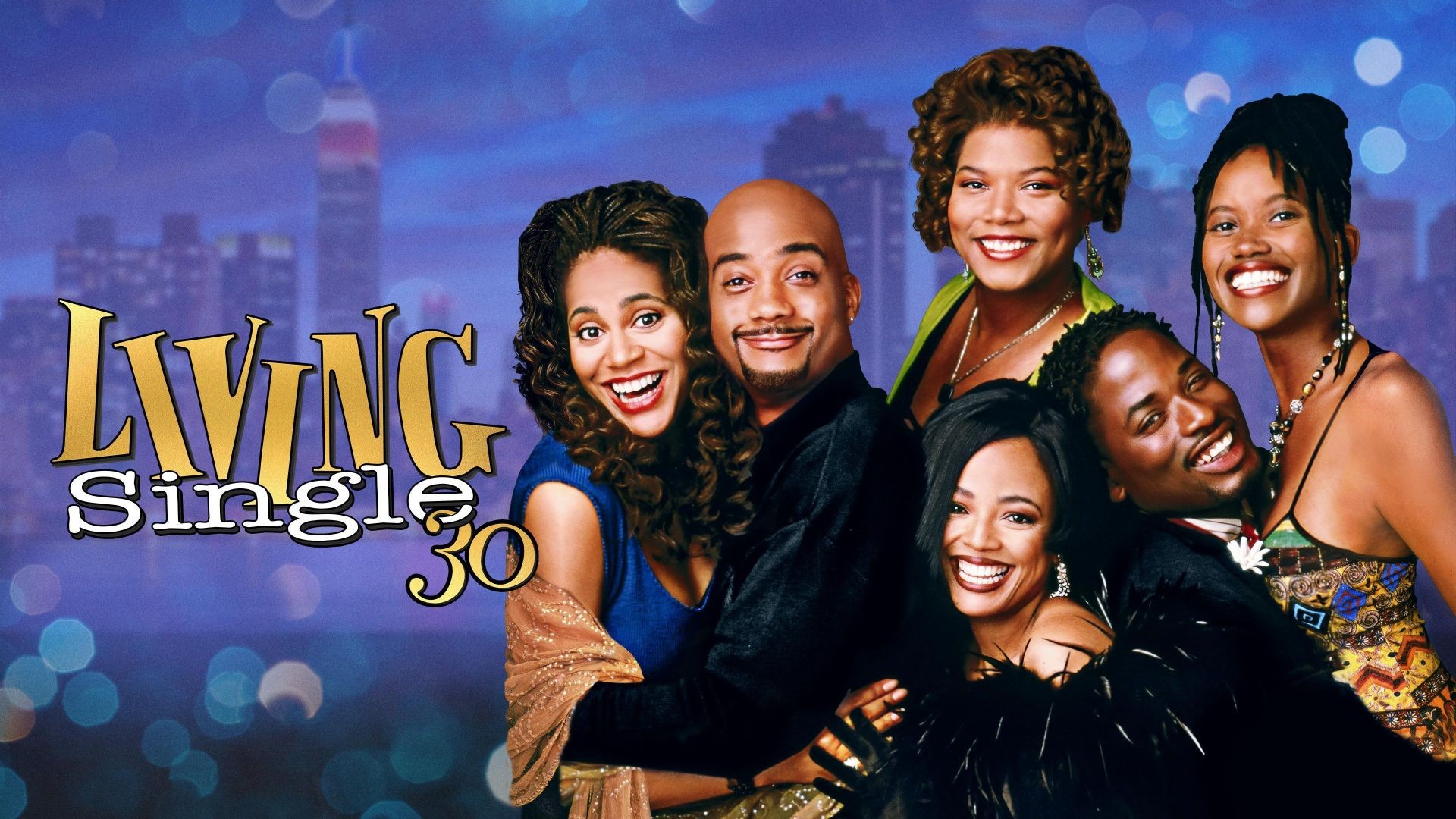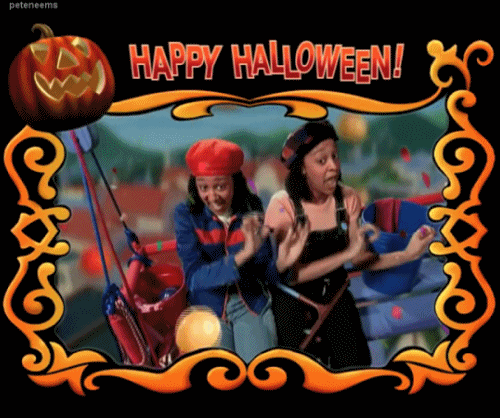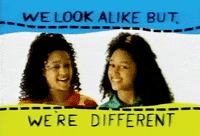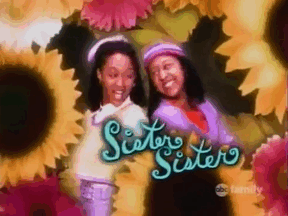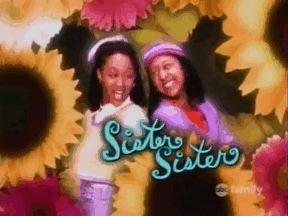Sister Rosetta Tharpe - Lonesome Road (1941) | Soundie
Sister Rosetta Tharpe does an inspired big band version of her 1938 single, "The Lonesome Road (from Showboat)' in this short film produced for the Soundies Corporation in 1941.
Sister Rosetta Tharpe (March 20, 1915 – October 9, 1973) was an American singer, songwriter, guitarist, and recording artist. She attained popularity in the 1930s and 1940s with her gospel recordings, characterized by a unique mixture of spiritual lyrics and rhythmic accompaniment that was a precursor of rock and roll. She was the first great recording star of gospel music and among the first gospel musicians to appeal to rhythm-and-blues and rock-and-roll audiences, later being referred to as "the original soul sister" and "the Godmother of rock and roll". She influenced early rock-and-roll musicians, including Little Richard, Johnny Cash, Carl Perkins, Chuck Berry, Elvis Presley and Jerry Lee Lewis.
On October 31, 1938, aged 23, Tharpe recorded for the first time – four sides for Decca Records backed by Lucky Millinder's jazz orchestra. The first gospel songs recorded by Decca, "Rock Me," "That's All," "My Man and I" and "The Lonesome Road" were instant hits, establishing Tharpe as an overnight sensation and one of the first commercially successful gospel recording artists.[14] "Rock Me" influenced many rock-and-roll singers, such as Elvis Presley, Little Richard, and Jerry Lee Lewis. In 1942, the music critic Maurie Orodenker, describing Tharpe's "Rock Me", wrote, "It's Sister Rosetta Tharpe for the rock-and roll spiritual singing.
She had signed a seven-year contract with Reminder and was managed by Mo Galye. Her records caused an immediate furor: many churchgoers were shocked by the mixture of gospel-based lyrics and secular-sounding music, but secular audiences loved them. Tharpe played on several occasions with the white singing group the Jordanaires.
Tharpe's appearances with Cab Calloway at Harlem's Cotton Club in October 1938 and in John Hammond's "Spirituals to Swing" concert at Carnegie Hall on December 23, 1938, gained her more fame, along with notoriety. Performing gospel music for secular nightclub audiences and alongside blues and jazz musicians and dancers was unusual, and in conservative religious circles a woman playing the guitar in such settings was frowned upon. Tharpe fell out of favor with segments of the gospel community.[14]
By 1943 she considered rebuilding a strictly gospel act, but she was contractually required to perform more worldly material.[18] Her nightclub performances, in which she would sometimes sing gospel songs amid scantily clad showgirls, caused her to be shunned by some in the gospel community.
During this time masculinity was directly linked to guitar skills. Tharpe was often offered the back-handed compliment that she could "play like a man", demonstrating her skills at guitar battles at the Apollo. - wikipedia
#####
Reelblack's mission is to educate, elevate, entertain enlighten, and empower through Black film. If there is content shared on this platform that you feel infringes on your intellectual property, please email me at Reelblack@mail.com and info@reelblack.com with details and it will be promptly removed.
